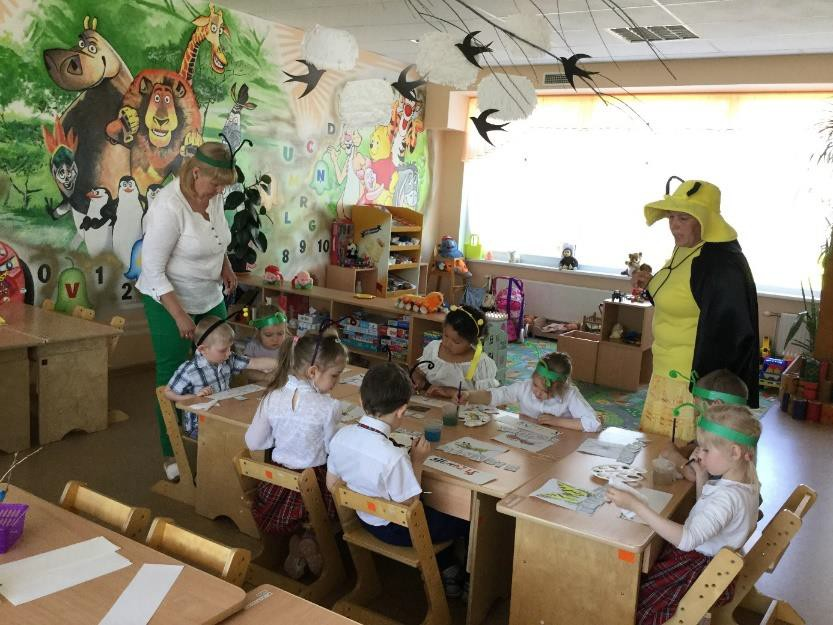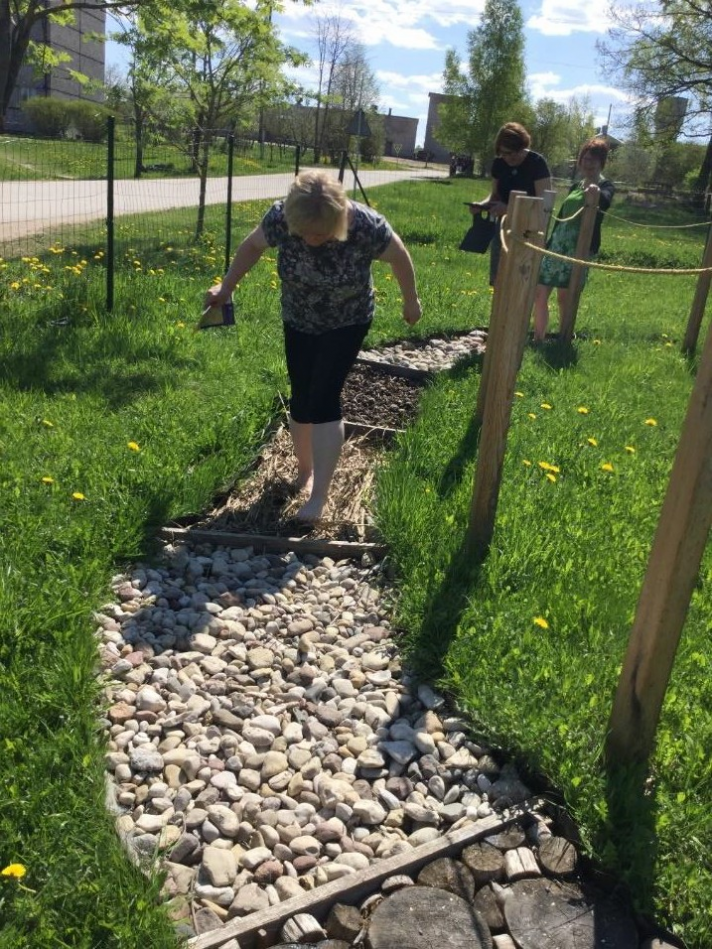
Topic(s) addressed
The project’s objectives were defined to address two of the school’s development areas: children’s learning and influence and sustainable development. To that end, the project’s main objectives were to develop tools and methods to strengthen children’s learning, and their influence and participation in and during the learning process; develop a platform aimed at internationalisation and the increase of knowledge on sustainable learning within a global context; strengthen the language skills of participants; and, increase their overall knowledge of European education. Prior to the Erasmus+ project, the organisation had participated in an ICT-development project offered by the municipality, during which it made good use of newly acquired skills from the Erasmus+ project. Furthermore, the project was implemented through the effective use of digital tools both in the dissemination process, as well as prior (and following) its participation in e-Twinning projects. The project’s innovative element in relation to this year’s topic may be found in the effective use of newly acquired competences and skills towards the implementation of a project that addressed key development areas of the education sector.
Target groups
The project’s target group consisted of 18 participants who participated in 20 job-shadowing mobilities at 4 different recipient organisations, with the preschool consisting of 5 units. All 5 units were represented among participants, with all preschool teachers being between the ages of 48-59.
Methodologies
The project’s owners effectively integrated new tools, skills, and knowledge from several areas (ICT and e-Twinning) into the project (linking formal, non-formal, and informal ways of learning), with the project addressing key competences such as foreign language skills and digital competences. All parts of the organisation was involved in the project, and efforts were made to ensure that skills and knowledge acquired from the project were implemented into the organisation’s regular activities. Furthermore, all learners played an active role in the integration of the project’s new methods and activities into their day-to-day work. For example, thematic work around Swedish and foreign traditions was successfully implemented into the curriculum through the active participation of learners, with learners also involved in both the previous and subsequent e-Twinning projects.
Environments
The project ensured the representation of all units within the project, and a favourable environment was created for the implementation of digital and blended learning; for example, through the linking of the project to e-Twinning projects, and the use of various digital tools during the implementation process. This project has allowed the organisation to demonstrate how a small preschool can still be capable of contributing to actual innovation within the school environment.
Teachers
Project participants played active roles as innovators by both contributing to its content, and in the methods they used in the project’s implementation and dissemination. All participants were selected through an application process that allowed them to influence and determine their own role, needs, and goals within the project, while defining its method of implementation. They were also given the authority and responsibility to jointly run the project, with peer learning being a key element in the successful implementation of acquired knowledge into the organisation´s everyday work.
Impact
The project has affected the preschool’s teaching and learning processes through its integration of new methods, tools, and skills in its day-to-day practice, its continued cooperation with European partner organisations, and the development of skills in a transnational context. In addition to its dissemination within the organisation, the project’s results were shared with other preschools in the area, the municipality, and parents, among others.
- Reference
- 2015-1-SE01-KA101-012092
- Project locations
- Sweden
- Project category
- Early childhood education and care
- Project year
- 2021
Stakeholders
Participants
Comune di Imola
- Address
- Italy
Heilsuleikskólinn Krókur
- Address
- Iceland
Melarancia SCS Onlus
- Address
- Italy
Rēzeknes novada pašvaldības Izglītības pārvalde
- Address
- Latvia

